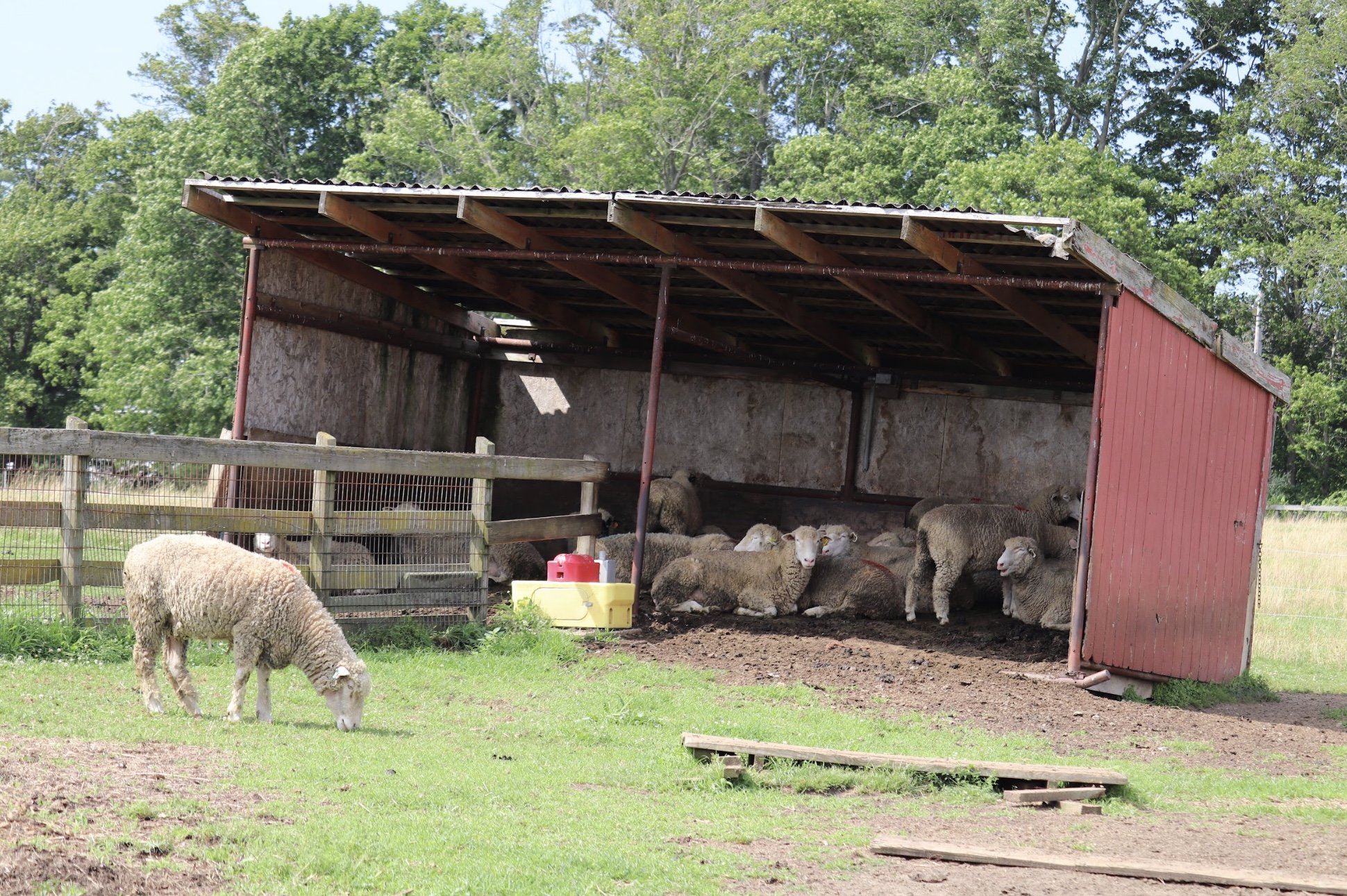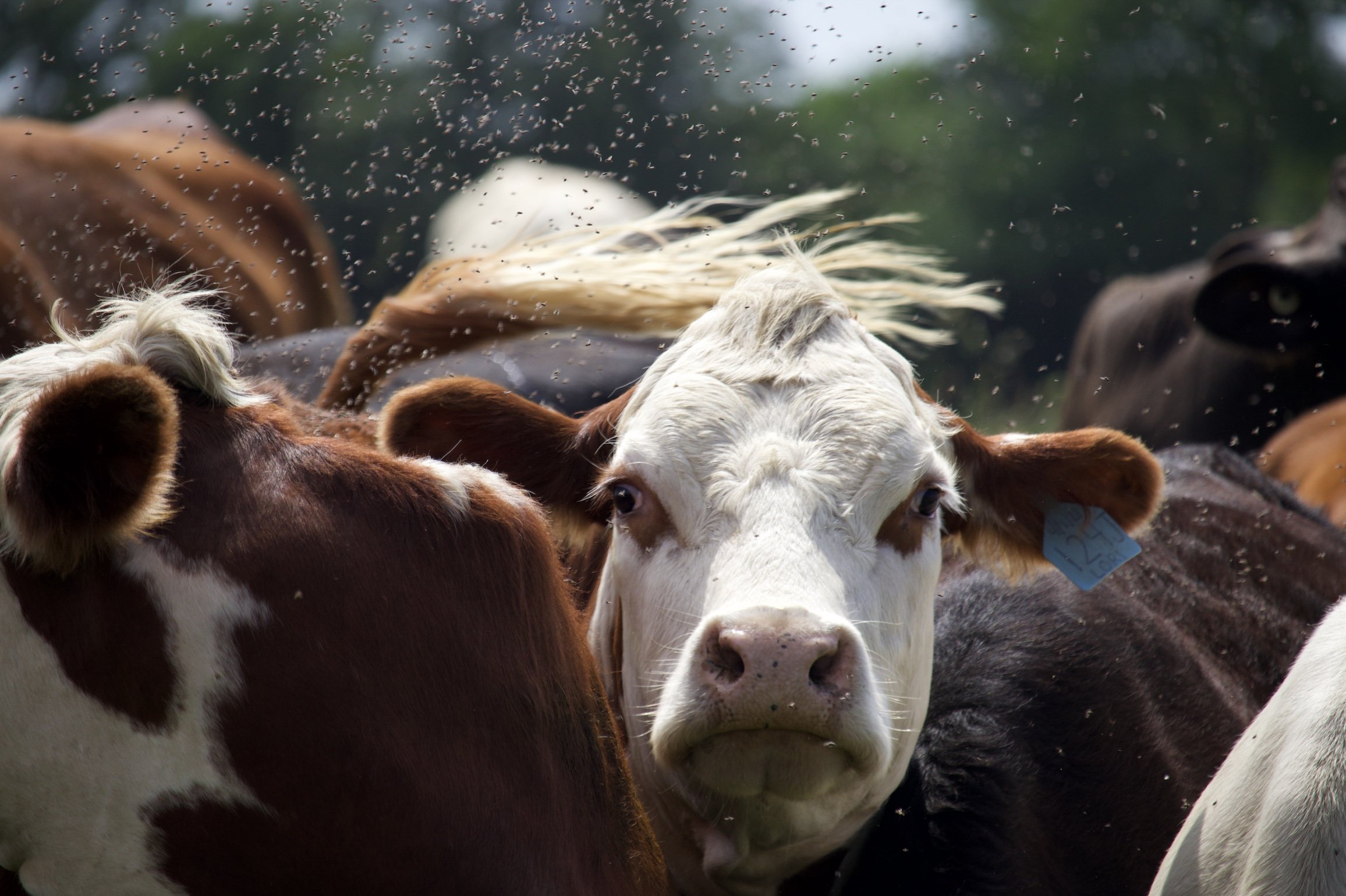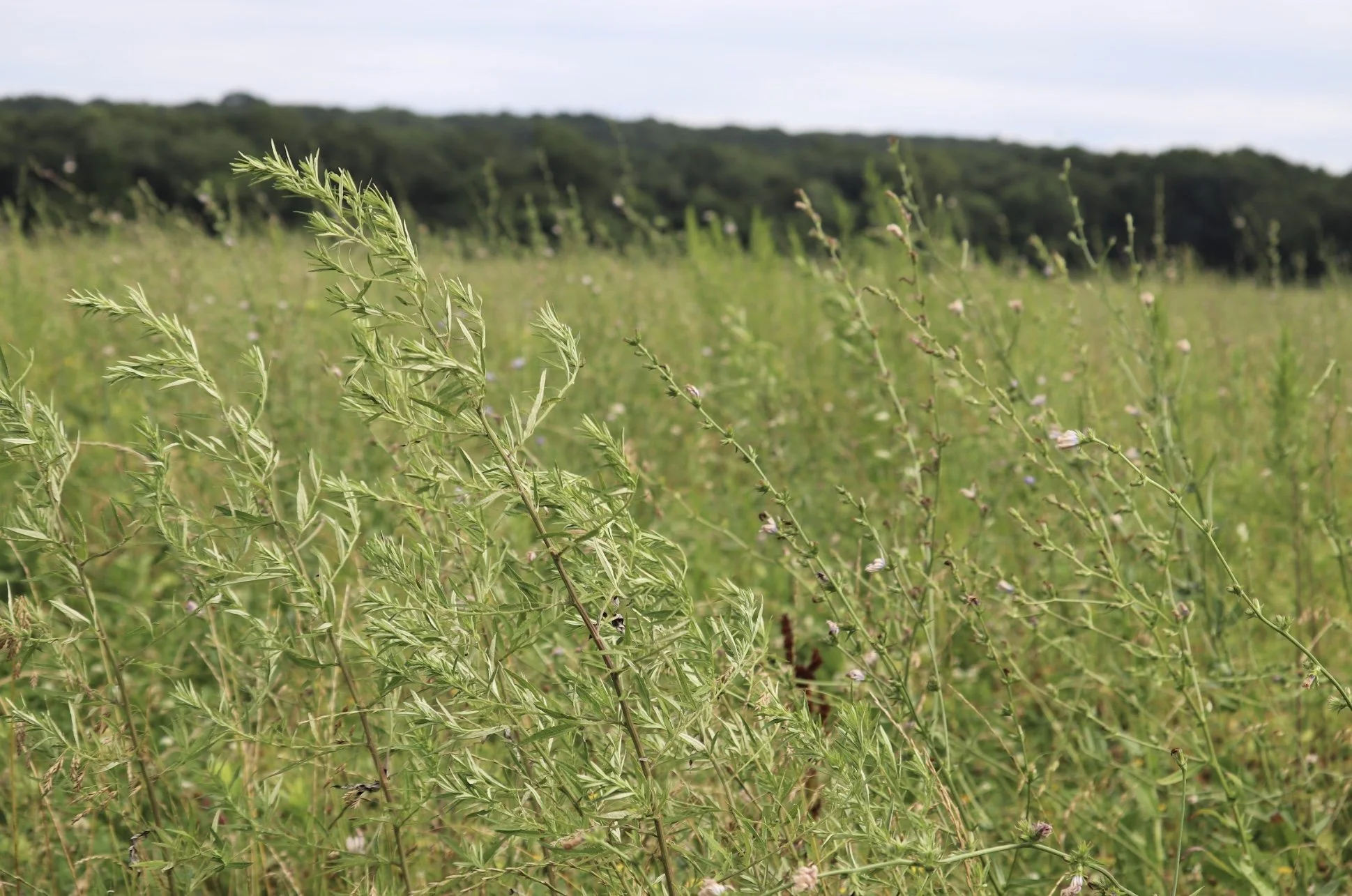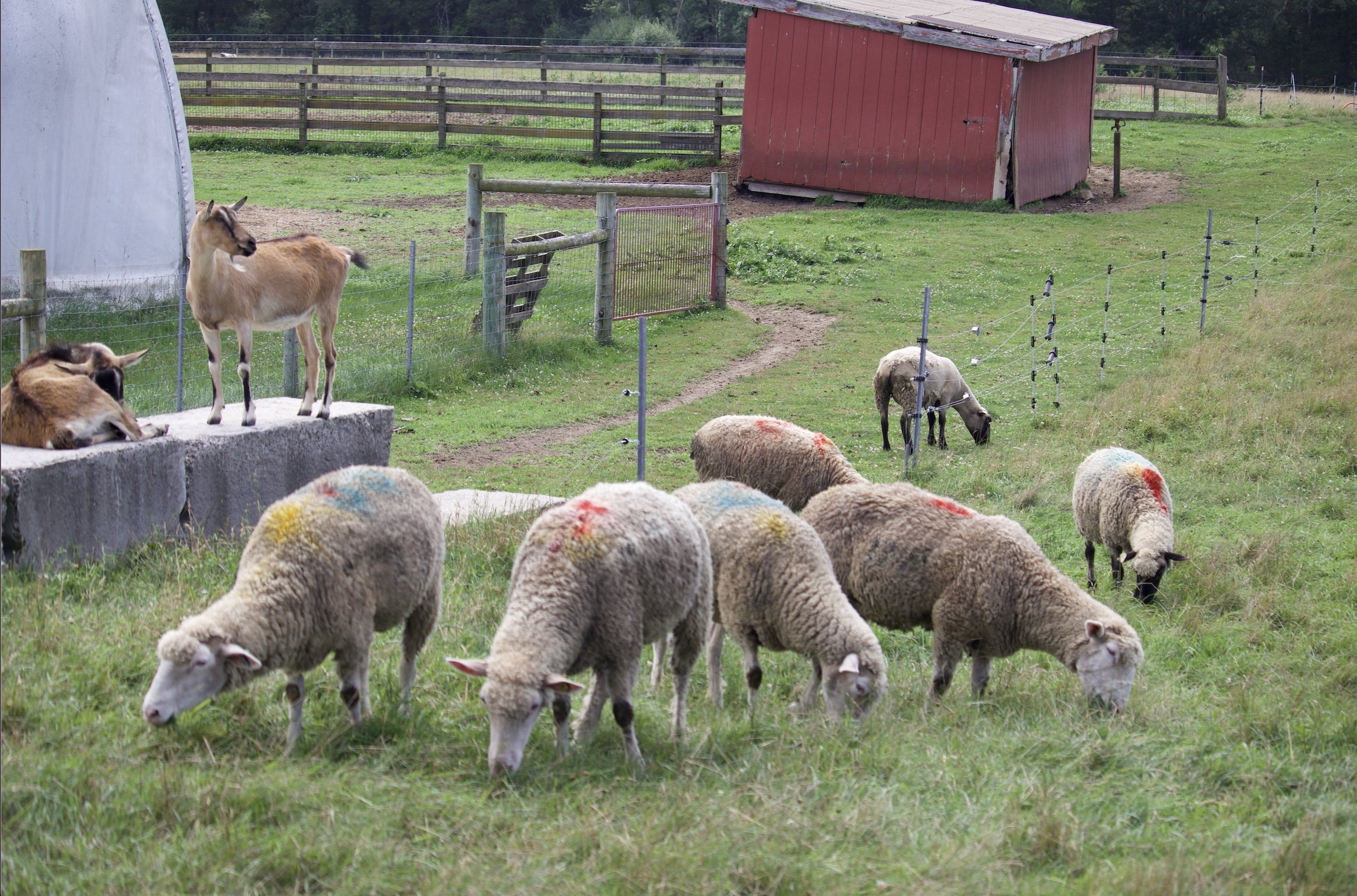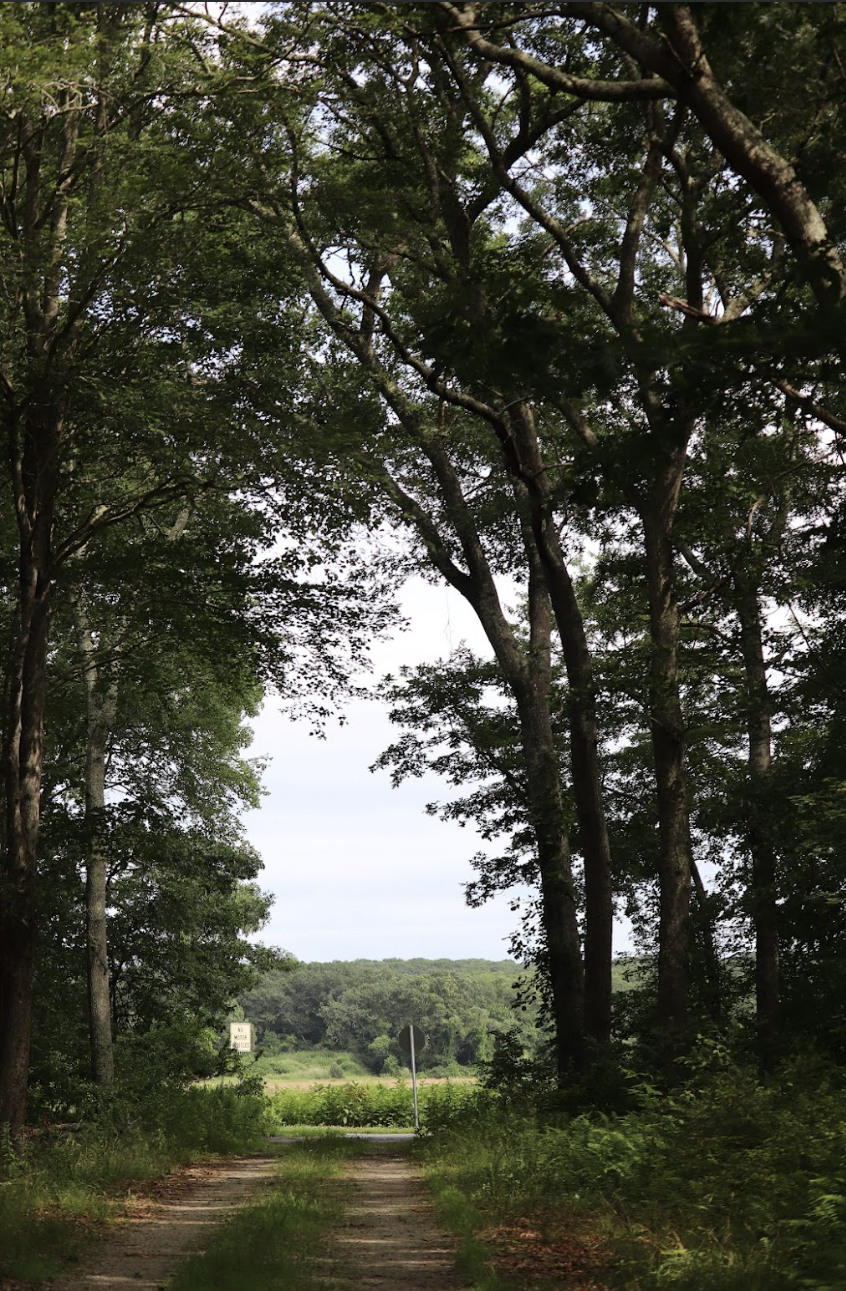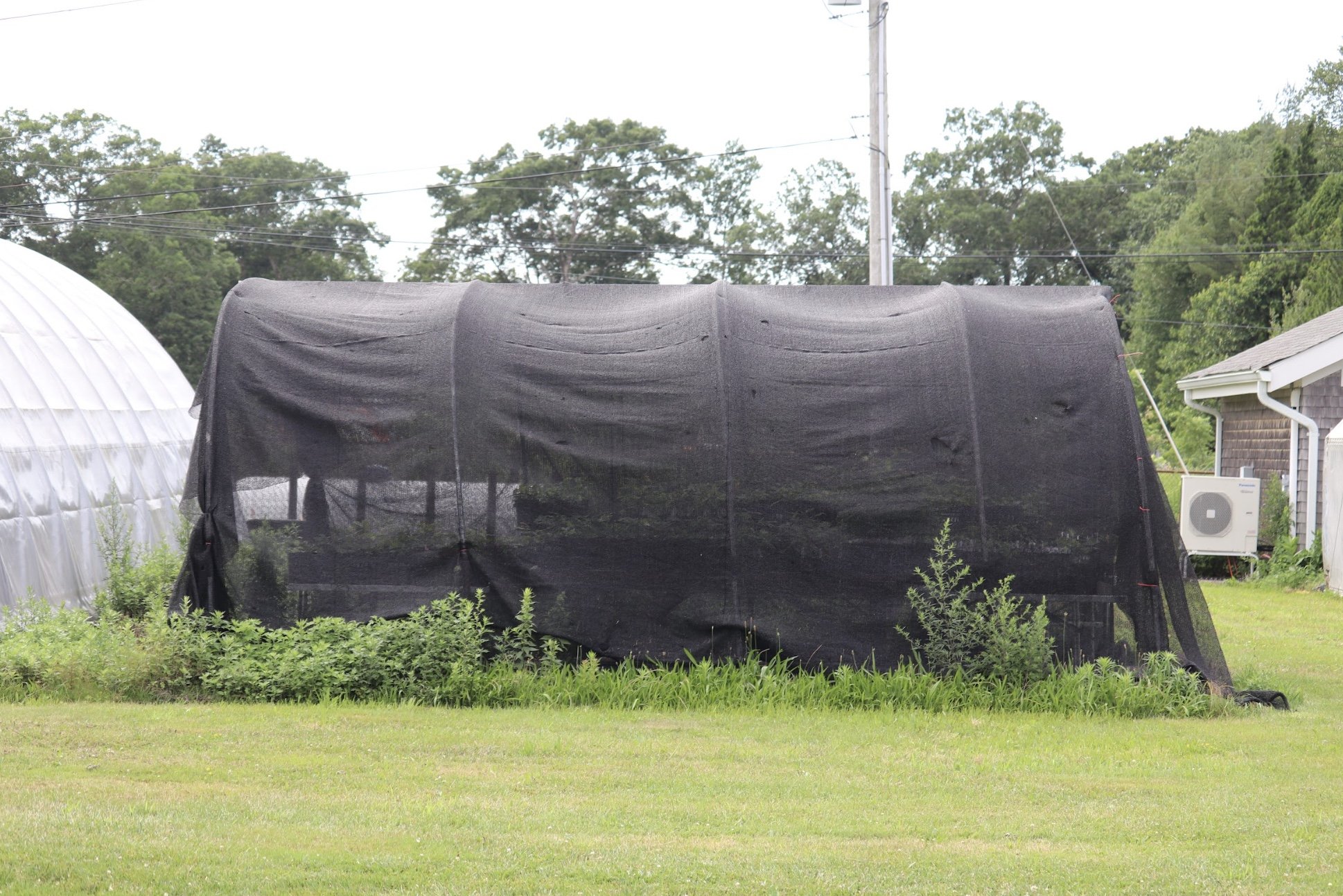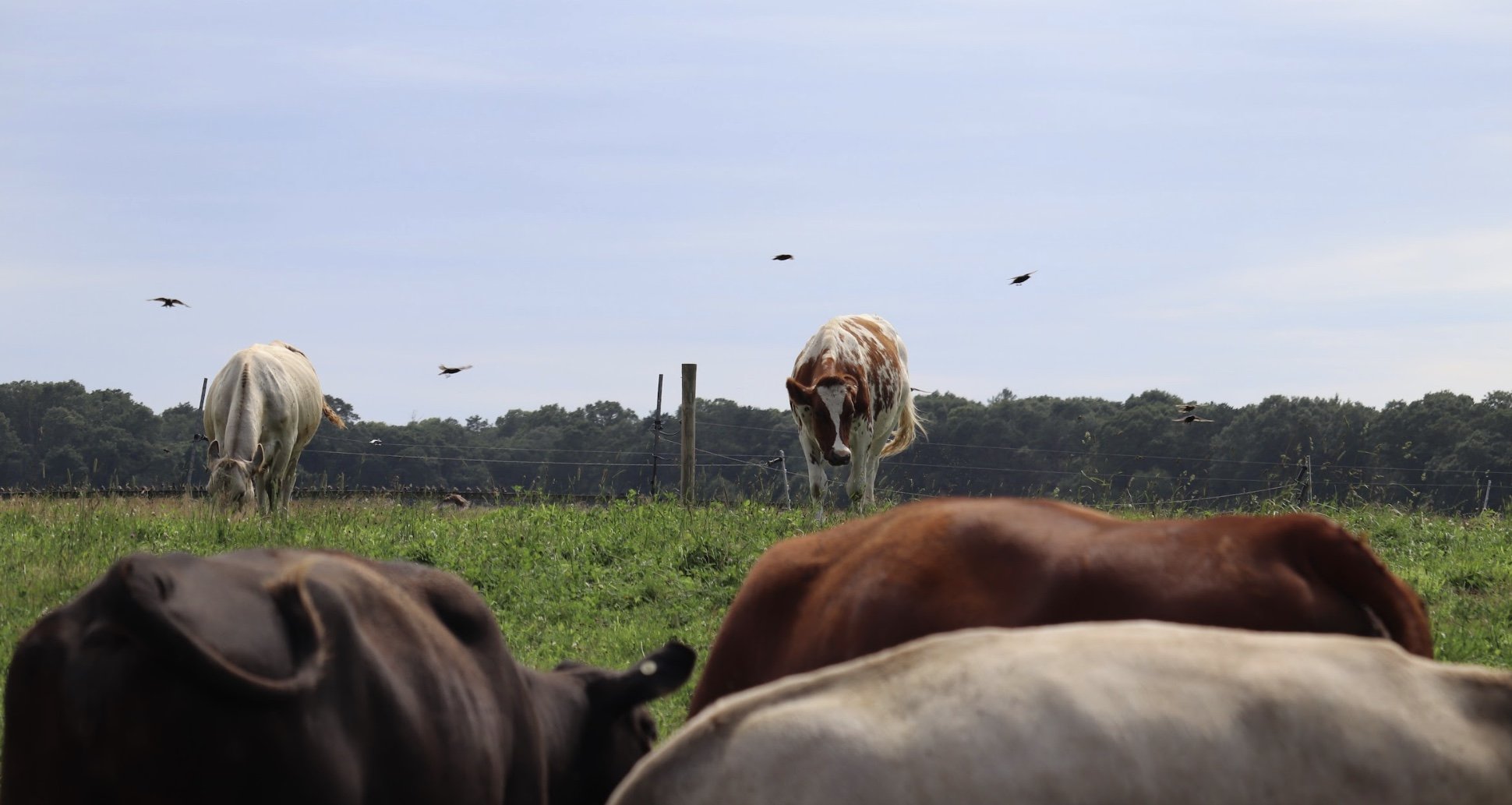
Let’s Talk
SILVOPASTURE
“ Silvopasture [noun] is the deliberate integration of trees and grazing livestock operations on the same land. These systems are intensively managed for both forest products and forage, providing both short- and long-term income sources.”
We're helping plant a silvopasture on a formerly degraded sod farm at the University of Rhode Island. So far, over 400 saplings have been planted with the help of URI students, staff, and Rhode Island community members from farms & K12 schools. The trees are mixed species of oaks and chestnuts and are being protected using tree tubes donated by TreePro. There are also hundreds of honey locust seedlings in a greenhouse that will be planted in the spring - we’re just getting started!
Coleman Reploge, URI Peckham Farm Manager
FAQ
Why plant silvopasture?
Integrating livestock with trees can provide a myriad of benefits including climate resiliency, resiliency to volatile commodity markets, nutritious forage production, shade & cooling, increased biodiversity and soil health, water conservation, carbon sequestration, and more.
Why URI?
Hosting a silvopasture planting at the University of Rhode Island (URI) offers students valuable hands-on experience in sustainable agriculture, aligning with the university’s land-grant mission. The project provides an excellent opportunity for a case study that can serve local farmers and ranchers in addition to potential long-term research. The parcel’s location, bordered by a bike path and across from a K-12 school, enhances public awareness and community engagement.
What needs to be considered when planting silvopasture?
Nothing is tastier to a cow than sapling, so we need to use protective casings. We also need to make sure there’s plenty of spacing between the trees so it’s easy to move the herd through. We also want to make sure we’re planting trees that serve the farmer’s need. While this initial planting will consist of chestnut and oaks, in the future the farm manager Coleman Reploge is interested in planting forage producing trees including honey locusts, persimmons, and mulberries.






